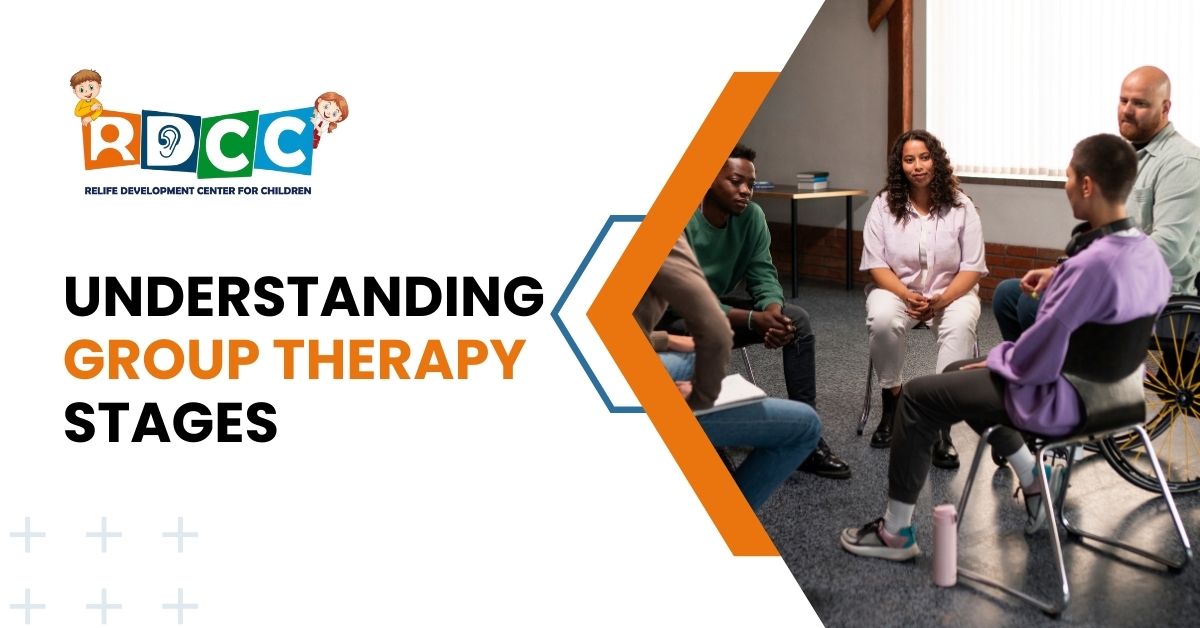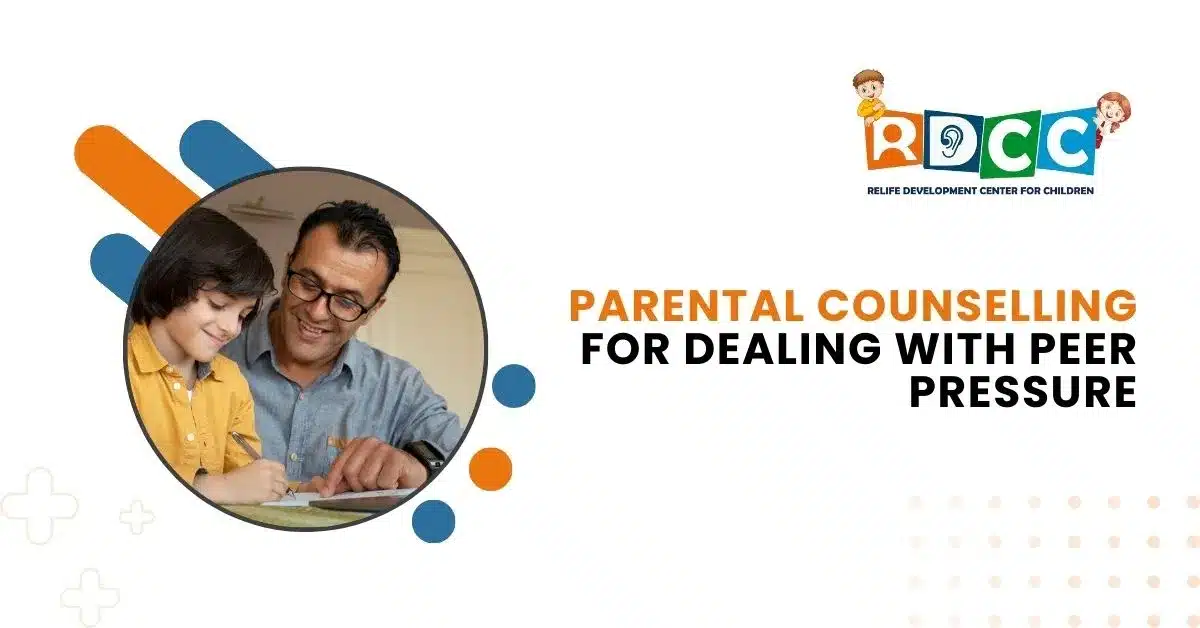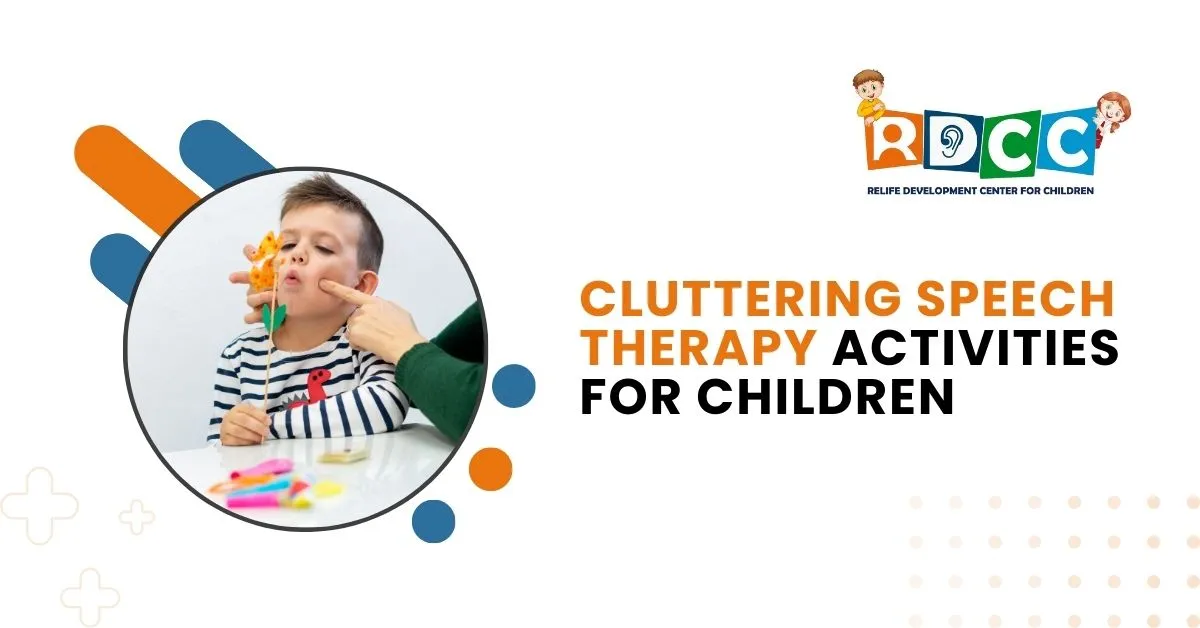
At RDCC Healthcare, Vadodara’s Leading Child Development Centre, we recognize the significant impact Group Therapy can have on Personal Growth and Healing. Group Therapy offers a supportive environment where individuals can Share Experiences, Gain Insights, and Work Towards their Goals Together. Understanding the Group Therapy Stages that can help Maximize its Effectiveness.
Group Therapy Stages
Formation Stage
The Formation Stage, also known as the Orientation Phase, is where the group comes together and establishes its framework. During this phase, members meet for the First Time, Set Group Norms, and Develop Trust. Members must understand the Purpose of the Group and Feel Comfortable sharing their Thoughts and Feelings.
Storming Stage
The Storming Stage is characterized by Conflict and Tension as members start to express their differences. This phase involves Negotiating Roles, Addressing Conflicts, and Working through Interpersonal Issues. It’s a critical period for developing Group Cohesion and finding Common Ground.
Norming Stage
In the Norming Stage, the group begins to develop a Sense of Unity and Collaboration. Members establish Stronger Relationships, Accept Each Other’s Differences, and Work towards Common Goals. This phase is marked by increased Cooperation, Support, and Effective Communication.
Performing Stage
The Performing Stage is where the Group Functions at its Highest Level. Members work together to achieve Therapeutic Goals, Solve Problems, and Support One Another. The Focus is on Personal Growth and Achieving Positive Outcomes through Collective Effort.
Adjourning Stage
The Adjourning Stage, also known as the Termination Phase, occurs when the Group’s Goals have been met, and members prepare to disband. This phase involves Reflection on Progress, Celebrating Achievements, and Addressing any Feelings of Loss or Closure.
Frequently Asked Questions
What are the Stages of Group Therapy?
The Stages of Group Therapy include Forming Stage, Storming Stage, Norming Stage, Performing Stage, and Adjourning Stage.
Why is the Storming Stage Important?
The Storming Stage is important for addressing conflicts and building trust among group members.
What Happens in the Norming Stage?
In the Norming Stage, the group develops cohesion, establishes norms, and collaborates effectively.
How Does the Performing Stage Benefit Group Therapy?
The Performing Stage allows the group to achieve its goals and support each other effectively.
What is the Purpose of the Adjourning Stage?
The Adjourning Stage provides closure and helps members apply what they have learned to their daily lives.
Conclusion
Understanding these Stages helps Participants navigate the Group Therapy process Effectively. At RDCC Healthcare, Our Skilled Therapists Guide Groups through Each Stage, fostering a Supportive Environment that promotes Healing and Growth. Contact Us Today to Explore How Group Therapy Can Benefit You or Your Loved Ones.




